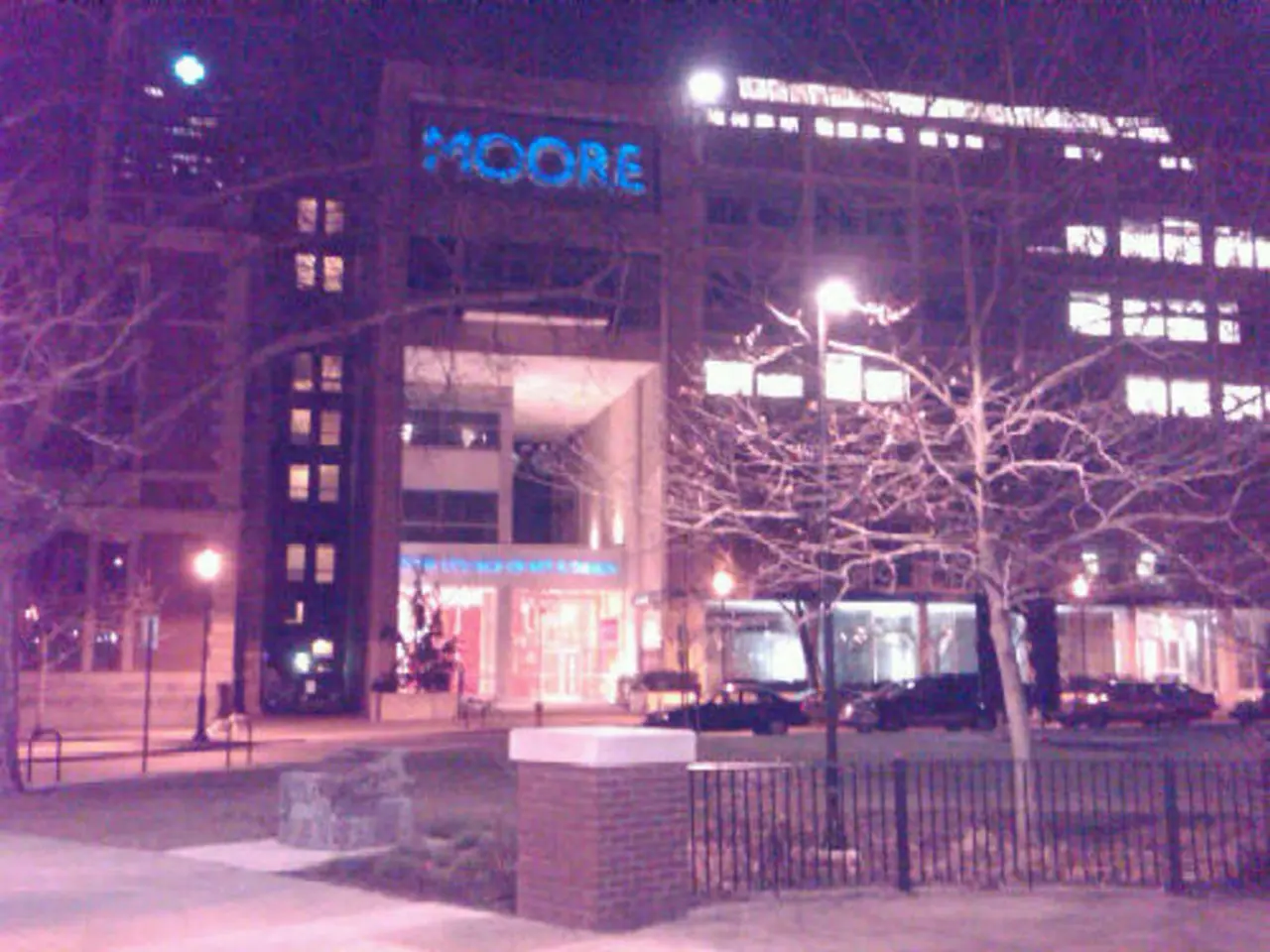Funding for Medical Services Department
Düsseldorf Enhances COVID-19 Response Measures
Düsseldorf, Germany, is stepping up its fight against the rising COVID-19 cases with a multi-pronged approach that includes strengthening contact tracing efforts, reinforcing mask usage, and focusing on high-impact areas.
In response to the increasing incidence rate of 91.3, the city has mobilized additional personnel from various departments to bolster its contact tracing capabilities. These reinforcements include employees from the health department and public libraries, who will work alongside trainees, students, temporary employees from Kaufhof/Karstadt, and temporary workers. The city has also provided 20 employees from other city administration departments to reinforce contact tracing since the middle of the week. Notably, many of these additional staff members have prior experience in contact tracing, having been temporarily deployed during the first infection wave in the spring.
To reduce airborne transmission, mask mandates have been reinstated or strengthened in public indoor spaces and potentially in crowded outdoor areas. The mask requirement is now in effect from 6 am to 10 pm around the main station, and in the entire old town area between Ratinger Straße, Rathausufer, Schlossufer, Heine-Allee, and Hafenstraße. Other affected areas include Schadowstraße from Am Wehrhahn to the old town transition, Königsallee with Blumenstraße/Martin-Luther-Platz, Grünstraße and Bahnstraße, each between Königsallee and Berliner Allee.
Furthermore, the city has identified and communicated certain neighborhoods or locations experiencing higher case numbers. These include Kaiserswerther Markt/Klemensplatz, Westfalenstraße, Bender- and Dreherstraße, Rethelstraße, Nord- and Duisburger Straße, Belsenplatz, and parts of Luegallee, Friedrichstraße, Düsseldorf Arcaden, Bilk S-Bahn station, Bilker Allee, Lorettostraße, Kölner Straße, Eller's Gumbertstraße and Gertrudisplatz, Benrath pedestrian zone, and Garath district center.
Dr. Klaus Göbels, head of the health department, emphasized that with the personnel reinforcement, they can currently manage the tasks, but if infection numbers continue to rise, they must react.
This approach aligns with broader trends observed during phases of rising COVID-19 transmission elsewhere in Germany and Europe, where increasing case incidence has prompted layered non-pharmaceutical interventions such as boosting contact tracing capacity and mask requirements to control spread. However, specific up-to-date detailed official statements or statistics from Düsseldorf local government or health departments beyond overarching strategies were not found in the current search results.
These measures aim to break transmission chains early and protect vulnerable populations, reflecting best practices for limiting further COVID-19 incidence escalation. The city continues to monitor the situation closely and will adjust its response as needed to maintain control over the spread of the virus.
Read also:
- Foods to avoid for someone with interstitial cystitis include acidic foods like citrus fruits, spicy foods, artificial sweeteners, caffeine, alcohol, and fast foods high in sodium and preservatives.
- Analysis of Ro Hair Loss Solution: Is it the Optimal Choice for Male Pattern Baldness?
- Gatherings for Managing Eczema Symptoms
- Delhi sees city-wide canine capture following judicial order by Indian court




